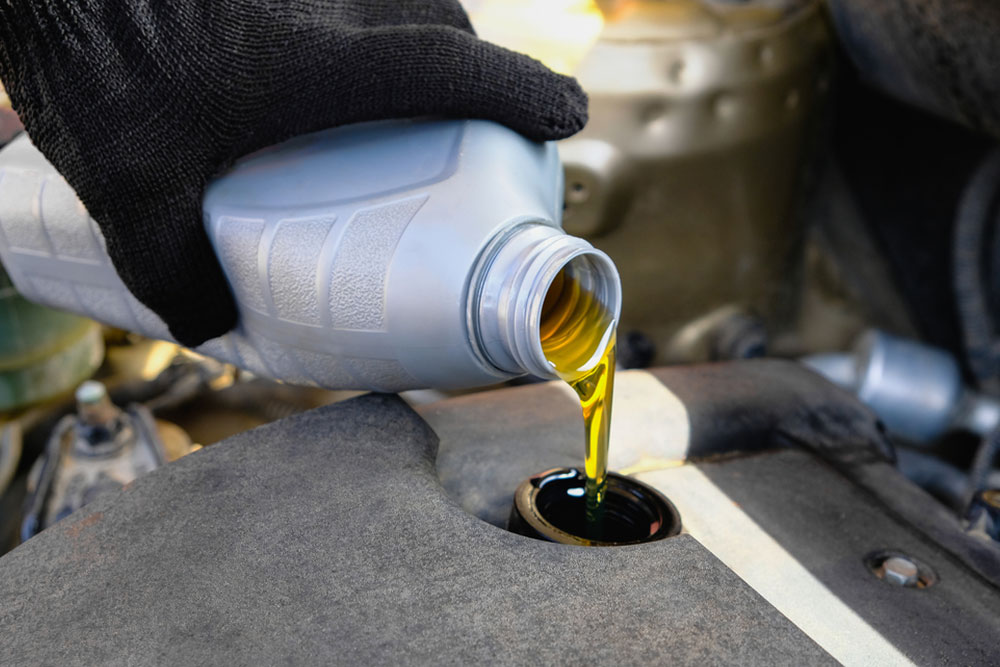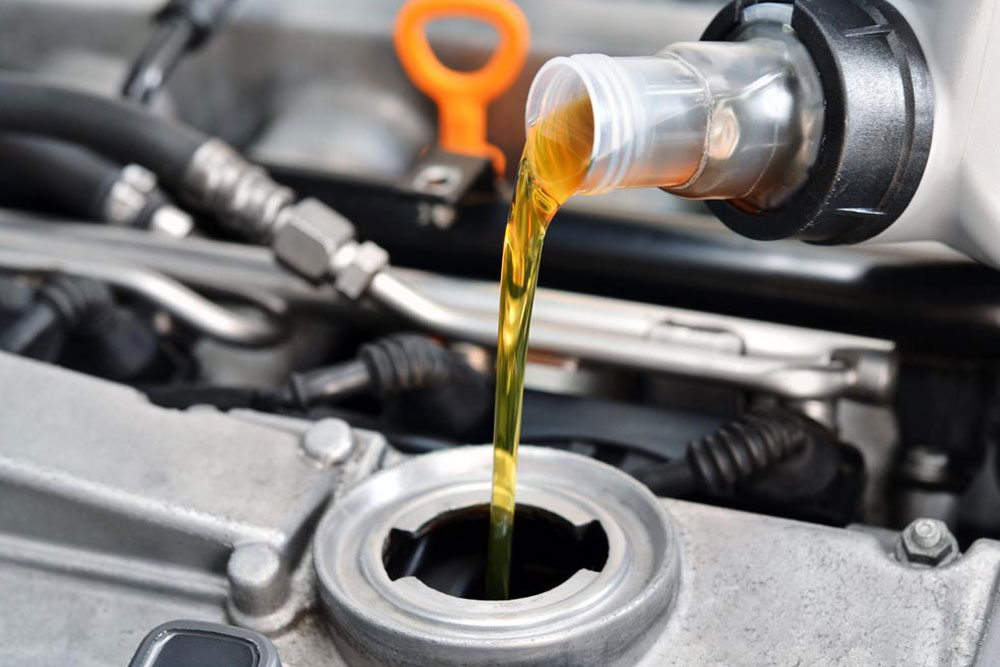Essential FAQs About Automotive Lubricants and Maintenance Tips
Discover essential FAQs about car lubricants, oil change importance, and maintenance tips. Learn how to choose the right oil, understand oil viscosity ratings, and the benefits of synthetic oils. Save money with tips on chemical flushes and recognizing warning signs like milky oil. Ensure your vehicle runs smoothly and lasts longer with proper lubrication practices.

Essential FAQs About Automotive Lubricants and Maintenance Tips
Understanding vehicle oil changes is crucial, whether it’s about how often to do them, why lubrication matters, or how to save on related services. Proper lubrication ensures optimal engine performance and longevity. Many drivers also look for discounts like oil change coupons to reduce costs. Here are common questions about engine oils, oil replacement, and savings offers answered below:
Why is timely oil replacement important for older vehicles?
Changing the oil removes debris, metal shavings, and sludge, replacing it with clean oil. This process helps the engine operate efficiently and extend its lifespan.
Driving an aging vehicle without regular oil changes can lead to increased fuel consumption or engine damage. Regular oil replacement ensures engine cleanliness and smooth operation.
What do the numbers on oil bottles signify?
The first number indicates the oil’s viscosity at low temperatures, reflecting how easily it flows in colder conditions. The second number shows viscosity at higher temperatures, relevant for hot engine parts. Choose oil based on your vehicle’s specifications and manufacturer recommendations.
Are chemical flushes necessary for your vehicle?
Proper chemical flushes help remove oxidation and debris from internal components like valves and transmissions. Maintaining chemical balance in radiators and cooling systems is vital for engine health and efficiency.
What does milky brown engine oil indicate?
This coloration suggests coolant contamination, possibly due to a blown gasket or failed transmission cooler. Immediate professional inspection is recommended.
What is synthetic motor oil, and should I use it?
Synthetic oils excel in extreme temperatures and are ideal for high-performance, turbocharged, or supercharged engines. Although more costly than mineral oils, they last longer and improve fuel efficiency, reducing the frequency of oil changes.
Note:
The information here covers various vehicle maintenance topics to help drivers make informed decisions. While our research offers valuable insights, it should not replace professional advice or be seen as conclusive. The website is not liable for data inaccuracies or missing promotional offers elsewhere.










